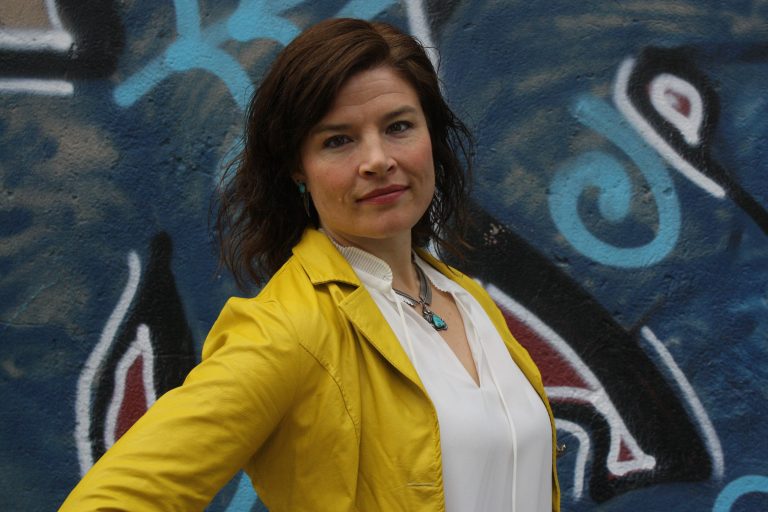Research Associates Ross Gore and LeRon Shults, Executive Director Wesley Wildman and Co-Authors
Journal of Artificial Societies and Social Simulation
January 31, 2018
Abstract: We employ existing data sets and agent-based modeling to forecast changes in religiosity and existential security among a collective of individuals over time. Existential security reflects the extent of economic, socioeconomic and human development provided by society. Our model includes agents in social networks interacting with one another based on the education level of the agents, the religious practices of the agents, and each agent’s existential security within their natural and social environments. The data used to inform the values and relationships among these variables is based on rigorous statistical analysis of the International Social Survey Programme Religion Module (ISSP) and the Human Development Report (HDR). We conduct an evaluation that demonstrates, for the countries and time periods studied, that our model provides a more accurate forecast of changes in existential security and religiosity than two alternative approaches. The improved accuracy is largely due to the inclusion of social networks with educational homophily which alters the way in which religiosity and existential security change in the model. These dynamics grow societies where two individuals with the same initial religious practices (or belief In God, or supernatural beliefs) evolve differently based on the educational backgrounds of the individuals with which they surround themselves. Finally, we discuss the limitations of our model and provide direction for future work.


